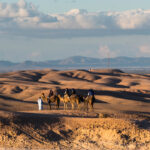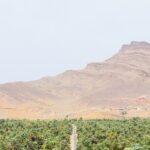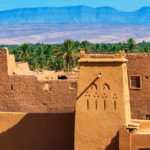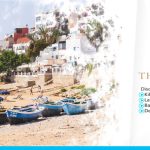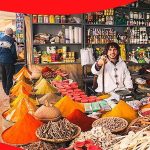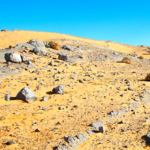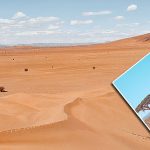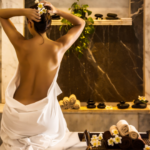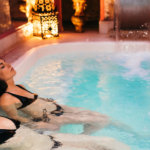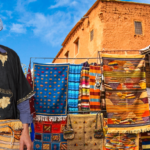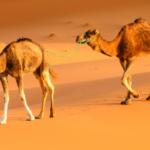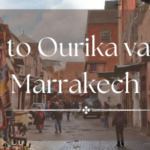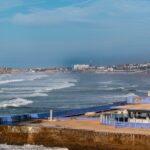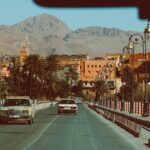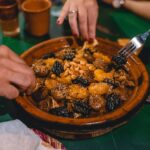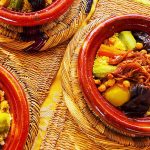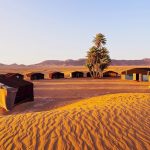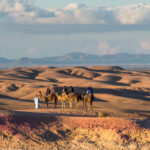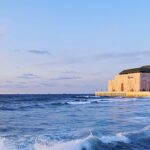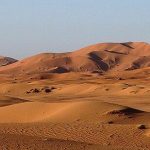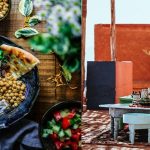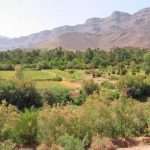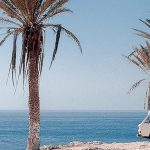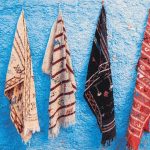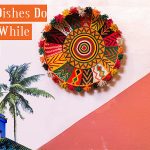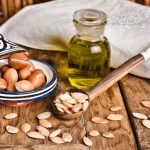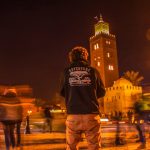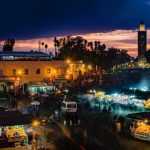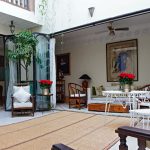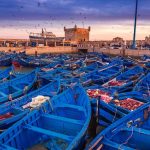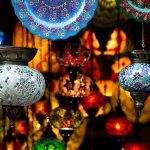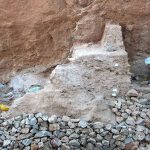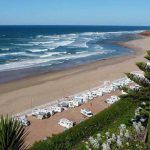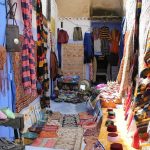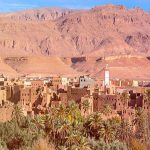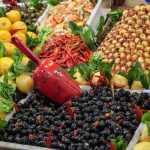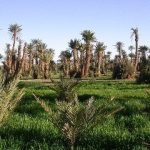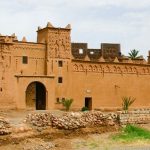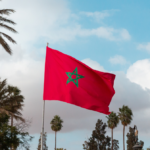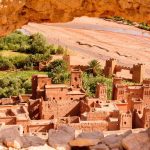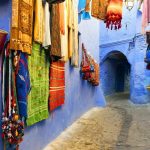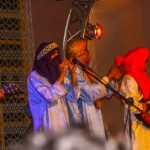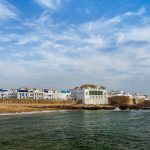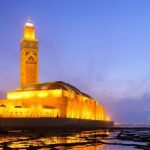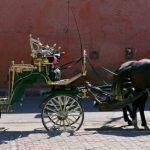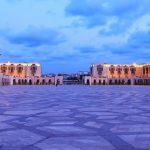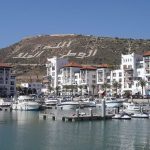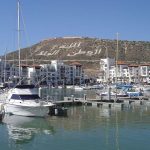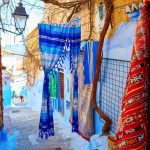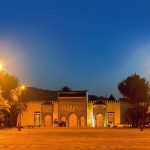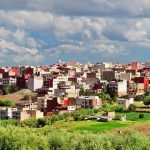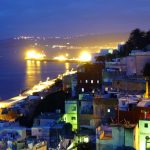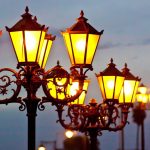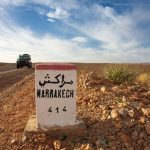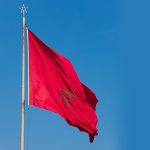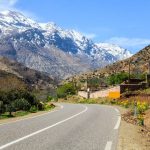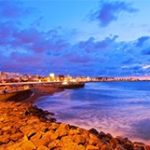Moroccan food is a combination of Berber, Arabic, Spanish, Portuguese and French cooking combined as one. Moroccan cuisine today is influenced by the cooks of the royal kitchens from Fez, Meknes, Marrakech, Rabat, and Tetouan. The ingredients are most largely comes from the Mediterranean fruits and vegetables as well as common meats such as mutton and lamb, beef, chicken, camel, and seafood. Common spices and flavorings include cinnamon, cumin, turmeric, ginger, pepper, paprika, sesame seeds, coriander, saffron, oregano, cloves and many more. Common herbs consist of mint, parsley, cilantro, peppermint, marjoram, caraway, and verbena. Those are some interesting spices and herbs ought to try for a cultural mix of Mediterranean, Arabic, Andalusian and Berber cuisine. In just 3 days, you will have enough experience to try the cultural taste of Moroccan cuisine. The culinary tour is offered to suit your taste.
Day 1: Start your first day arriving at Casablanca where you will be giving a tour around Morocco’s economic and capital city. Enjoy a driving experience to Hassan II, one of the world’s biggest mosques as well as Casablanca Cathedral. Along the way, eating out at Casablanca’s Harbour Port de Peche will be a nice first lunch cuisine. Here you will be served by the locals’ most famous seafood tagines and fried or baked dishes. If you are up for some delicious duck or the squid in the snail-butter sauce, À Ma Bretagne will be a good choice for a nice dinner outing on a warm night. Next, ready to leave for Rabat for night accommodation.
Day 2: Following breakfast, spend a fun morning cruising Morocco’s political city of Rabat before enjoying Rabat’s street food style. Andalusian Gardens will be a nice place for picture time. Another interesting place to see is the Kasbah of the Udayas where it was added as one of Morocco’s world-historical heritage via UNESCO in 2006. Things to try here are the khoubz (fresh round bread), lubia (spicy kidney beans), and fried fish with Moroccan salad (chopped tomato, onion, and cucumber with vinegar and oil salad dressing). Don’t get too filled up just yet because Meknes will be our next cruise. Beforehand, spend your time strolling around the near market for some local handicrafts (optional).
Day 3: Arriving in Meknes, explore your first winery tasting in nearby wineries. The food guide to Meknes to give a try is at Palais du Poulet, translates as “chicken palace”. The famous dish is the roast chicken with French fries, boiled rice, and risotto with Mediterranean herb flavorings. To keep you busy, visit Dar Jamai Museum, the historical site of Heri es-Souani, as well as Bab el-Mansour landmark and monument as top sightseeing choices. Our last stop on the journey, upon arrival in Fez, makes yourself comfortable and has a good night’s sleep to prepare for tomorrow’s cuisine activities. In the morning, enjoy a cooking class on how to make “pastilla” (an elaborate meat pie with chicken, fish, or squab stuffing) and harira (Moroccan soup) great for a DIY home cooking.
Join countless satisfied travelers who have experienced Morocco with us. We customize every detail to make your Moroccan adventure uniquely yours. Explore the Magic of Morocco with us!






